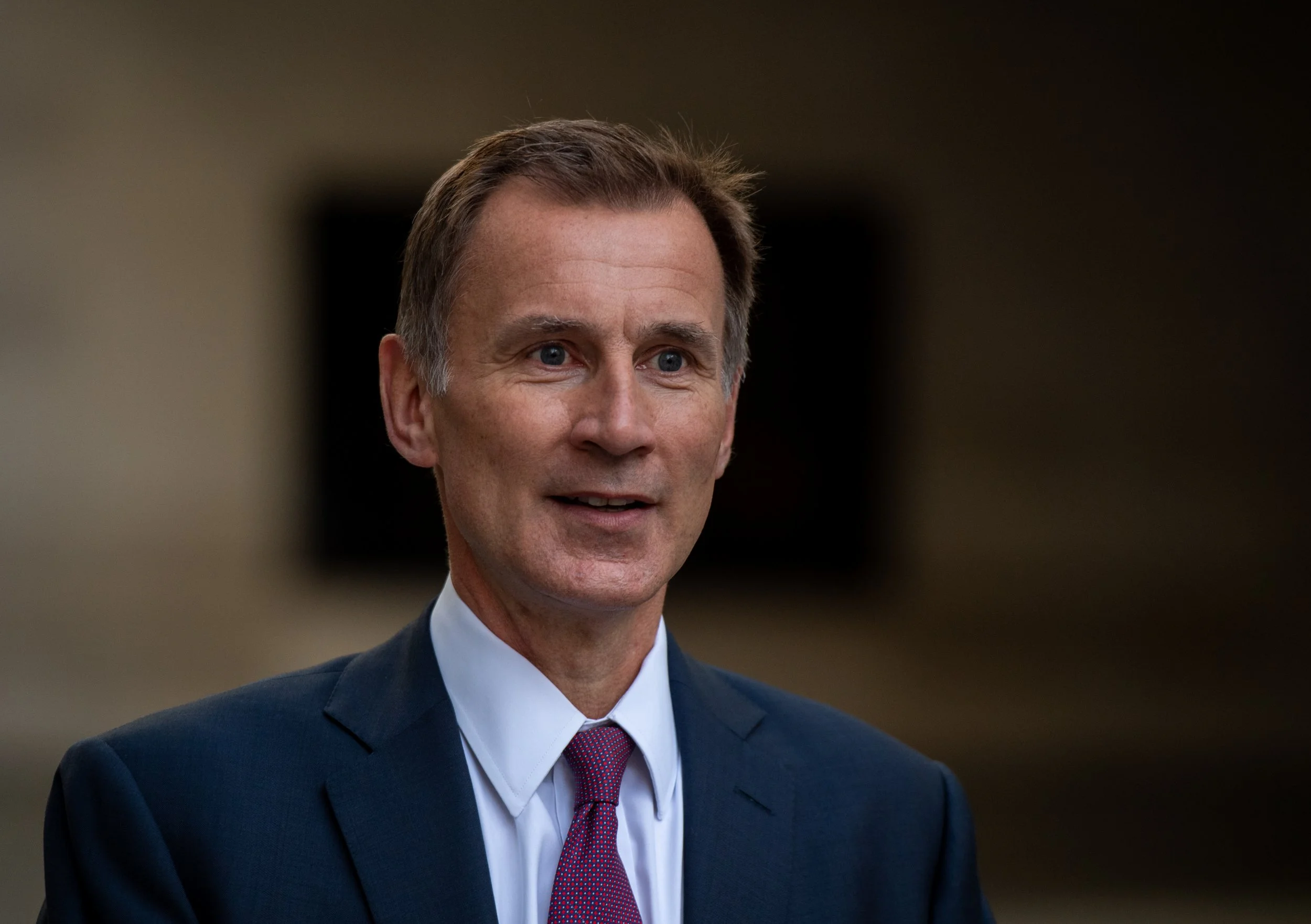Over four in five landlords (81%) make improvements on every property they add to their portfolio, new research by Paragon Bank has indicated.
The findings suggested that 22% of landlords spend over £25,000 on upgrading a new portfolio property, with 18% spending between £10,000 and £20,000.
Paragon’s research, which surveyed over 500 landlords, revealed that on average, landlords expect to see a 19.8% increase in the property’s value after completing upgrade work, with a 16.5% increase in expected rental income.
The findings also showed that 40% of landlords prefer to purchase property in need of refurbishment, with 21% opting for properties that are ready for tenants to move into.
In 2008, 44% of homes in the sector were defined as non-decent according to the government’s English Housing Survey. This figure now stands at 23%, and Paragon’s analysis also suggested the addition of good quality homes has diluted the presence of poorer stock. In 2008, 1.8 million privately rented homes were classed as decent, a total that has risen to 3.3 million by 2021 – an 83% increase.
There has also been a reduction in the number of properties classed as non-decent – falling from 1.4 million to 990,000, a fall worth 29%.
“Landlords have helped improve standards across the private rented sector over the past 15 years and the upgrading of stock they purchase is central to that,” commented Paragon managing director of mortgages, Richard Rowntree.
Asked why landlords make improvements to property, 83% of landlords said they did so to ensure they are providing a good quality home to tenants, with 82% doing so to make the property more attractive to tenants.
Two thirds (66%) said they upgrade property to improve rental income, 57% said they look to increase the capital value, while 47% cited that they upgrade property for energy efficiency reasons.
Rowntree added: “The vast majority of landlords will look to upgrade each new property to boost the capital value and the potential rental income. However, they also do this out of a genuine desire to provide a good quality home to their tenants.”
Latest News
-
Average UK house price surpasses £300k – Halifax
-
Bank of England holds base rate at 3.75%
-
Mortgage Advice Bureau acquires Dashly
-
Bridging loans fall to lowest average completion time in eight years
-
Regulators announce first six firms to join ‘Scale-Up Unit’
-
House prices recover month-on-month in January – Nationwide
Perenna and the long-term fixed mortgage market

Content editor, Dan McGrath, spoke to head of product, proposition and distribution at Perenna, John Davison, to explore the long-term fixed mortgage market, the role that Perenna plays in this sector and the impact of the recent Autumn Budget
The role of the bridging market and technology usage in the industry
Content editor, Dan McGrath, sat down with chief operating officer at Black & White Bridging, Damien Druce, and head of development finance at Empire Global Finance, Pete Williams, to explore the role of the bridging sector, the role of AI across the industry and how the property market has fared in the Labour Government’s first year in office.
NEW BUILD IN FOCUS - NEW EPISODE OF THE MORTGAGE INSIDER PODCAST, OUT NOW

Figures from the National House-Building Council saw Q1 2025 register a 36% increase in new homes built across the UK compared with the same period last year, representing a striking development for the first-time buyer market. But with the higher cost of building, ongoing planning challenges and new and changing regulations, how sustainable is this growth? And what does it mean for brokers?
Does the North-South divide still exist in the UK housing market?

What do the most expensive parts of the country reveal about shifting demand? And why is the Manchester housing market now outperforming many southern counterparts?
In this episode of the Barclays Mortgage Insider Podcast, host Phil Spencer is joined by Lucian Cook, Head of Research at Savills, and Ross Jones, founder of Home Financial and Evolve Commercial Finance, to explore how regional trends are redefining the UK housing, mortgage and buy-to-let markets.
In this episode of the Barclays Mortgage Insider Podcast, host Phil Spencer is joined by Lucian Cook, Head of Research at Savills, and Ross Jones, founder of Home Financial and Evolve Commercial Finance, to explore how regional trends are redefining the UK housing, mortgage and buy-to-let markets.
© 2019 Perspective Publishing Privacy & Cookies










Recent Stories